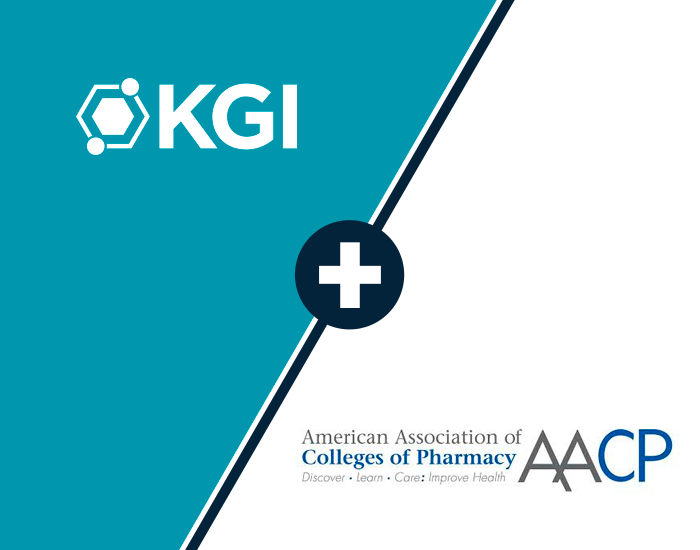Embracing diversity and inclusivity is one of Keck Graduate Institute’s (KGI) core values. As such, KGI is committed to promoting an environment of unity and equity for our students, faculty, and staff through various events and opportunities.
In late January, KGI sent 10 faculty and staff members to the Equity, Diversity, and Inclusion Institute, co-hosted virtually by the American Association of Colleges of Pharmacy (AACP) and the University of Mississippi.
Now, this same group of faculty and staff members are creating an Equity, Diversity, and Inclusion (EDI) Task Force to move this important work forward. If you are interested in learning more about the task force, contact Christy Billock, Professor and Founding Program Director, Occupational Therapy Program.
We asked several of the KGI attendees to reflect on the AACP event and the valuable resources and strategies discussed.
Cheryl Merritt, Assistant Vice President of Human Resources and Employee Engagement
“What a privilege to attend the AACP Equity, Diversity, and Inclusion workshop with members of KGI’s community. I gained perspective and was inspired to continue to create an environment in which any individual or group can be and feel welcomed, respected, supported, and valued to participate fully.”
Gail Orum, Associate Dean of Academic Affairs
"It was an honor to be a part of the KGI team that participated in the Inaugural AACP Equity, Diversity, and Inclusion Institute. We learned about strategies and best practices employed by other institutions during the three-day meeting, and explored opportunities and developed recommendations for KGI. As a result of our participation, I am excited to continue working with the team to help build a culture that embraces diversity, expands inclusion, and makes progress toward equity to foster a true sense of belonging among all KGI community members."
Srikanth Kolluru, Associate Dean of Assessment and Faculty Development, Professor
"Equity, diversity, and inclusion are significant for us to move our profession forward to serve the needs of an increasingly diverse population. It is even more evident after observing the enthusiasm of participants at the AACP EDI Institute. I believe it is very timely for our KGI team's participation at this event and a step forward to progress in this direction. I am glad to be part of this effort."
Jane Rosenthal, Associate Dean of Academic Affairs for the Henry E. Riggs School of Applied Life Sciences
“Participating with more than 250 other people from across the country was invigorating. It was great to hear strategies other programs use to create a more inclusive and equitable environment for students, faculty, and staff. Hearing their real-world experiences, including triumphs and challenges, led to honest conversations about what it means to be a diverse and inclusive campus. It is also essential to understand how these efforts can impact everyone in the community in profound and meaningful ways.”
Christy Billock, Professor and Founding Program Director, Occupational Therapy Program
“The AACP EDI Institute offered valuable resources and strategies for the work of integrating diversity, equity, and inclusion as a curricular thread throughout KGI's Occupational Therapy Doctorate program. We envision an occupational therapy curriculum that can educate future therapists in cultural humility, anti-racism, and supporting diversity in all of its forms. I'm excited about how a deep commitment to EDI will help us grow as an institution and guide the education of our future students to enhance the health and well-being of clients and communities as well as evoking change in systems.”
Sonia Otte, Founding Program Director and Professor of Practice, Master of Science in Physician Assistant Studies Program
“The AACP EDI Institute helped highlight why diversity, equity, and inclusion efforts are unimaginably critical. It is eye-opening to see how omnipresent implicit bias truly is. With concerted and thoughtful efforts, our student population will have more dimension, our students' educational experiences will be richer, and our communities will ultimately benefit from the work of our future graduates.”
